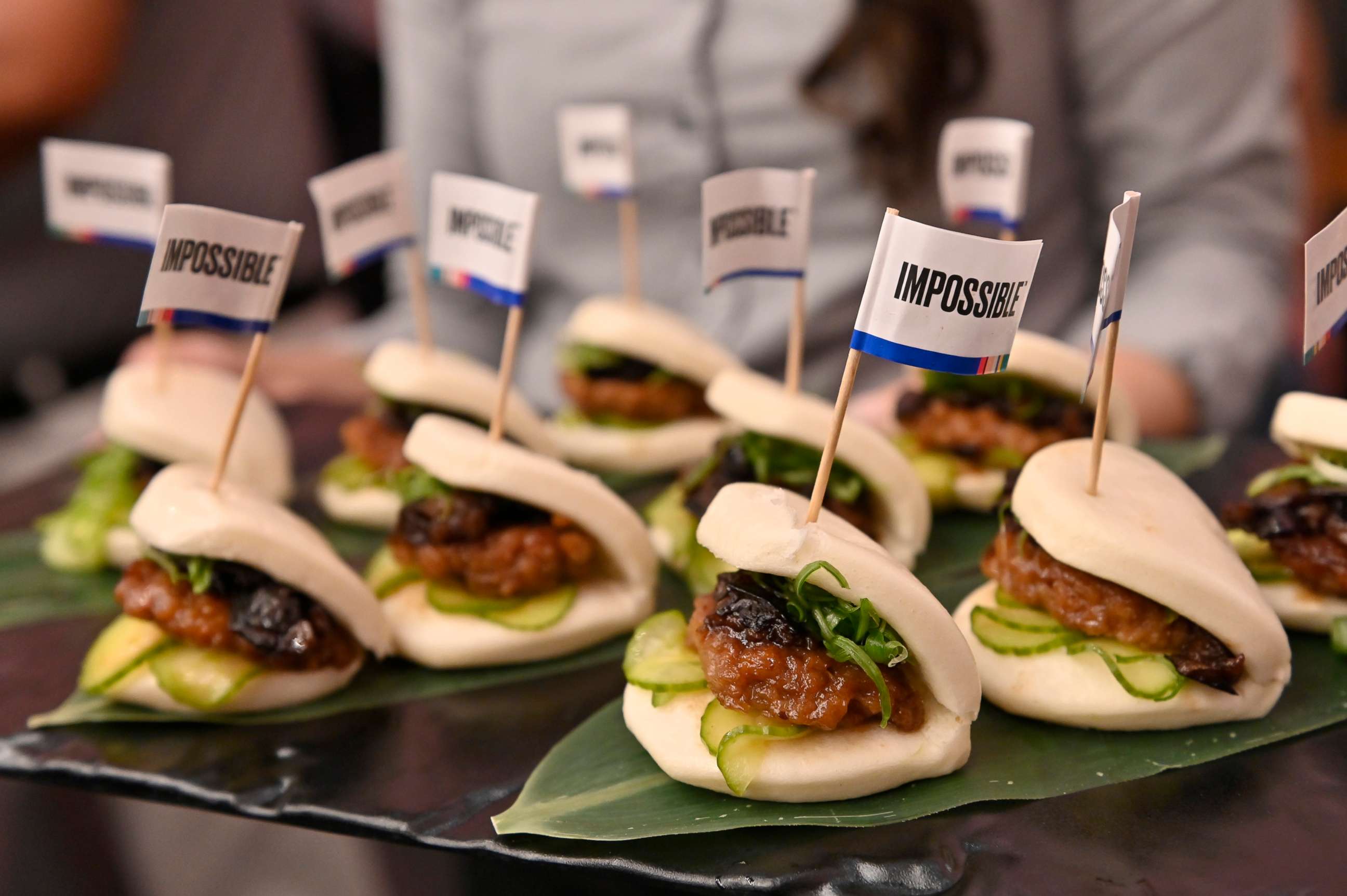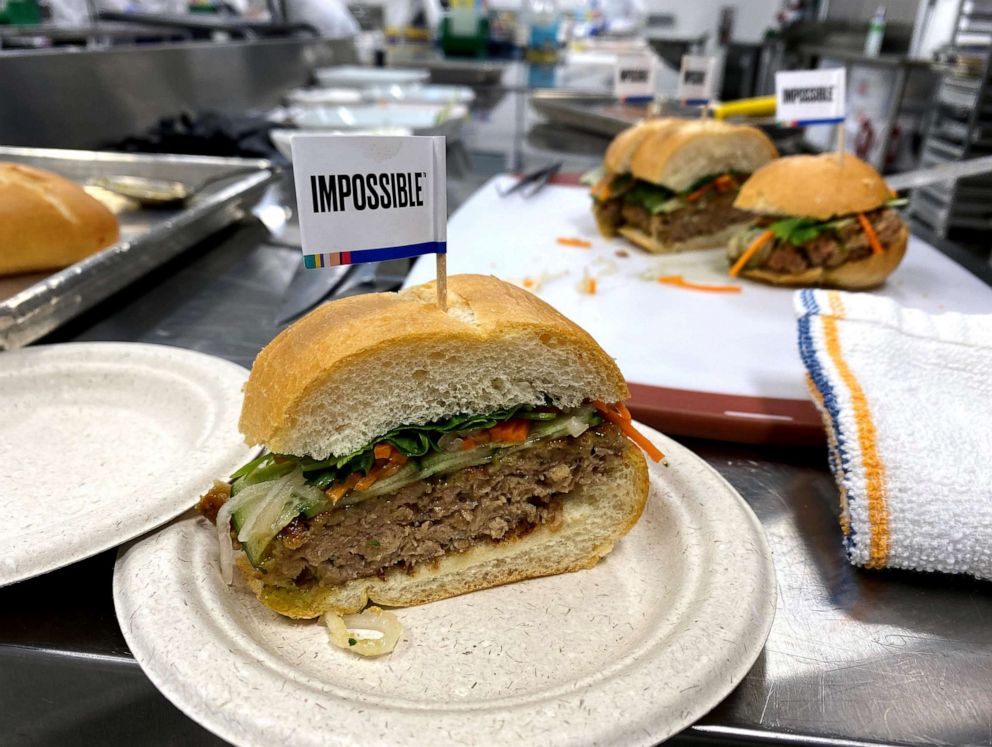Say hello to Impossible Pork, the next generation of fake meat
A plant-based meat substitute promises the flavor and texture of pork.
This is a Digital Trends story.
Impossible Foods, the company behind the Impossible Burger and one of the leaders in the rapidly growing "fake meat" industry, announced its next product at CES 2020: Impossible Pork.
A plant-based substitute for ground pork it promises the flavor and texture of pork with far less of an environmental impact. It’s also gluten-free and aimed at kosher/halal certifications.

According to Impossible Foods, Impossible Pork’s flavor will convey "depth and umami richness without being gamey or overpowering." The company also claims the product should work for various recipes that calls for ground pork, whether you want to fry up some sausage patties for breakfast or caramelize some pork for a rice bowl.

Impossible Foods attended CES last year, too, showing off its second-generation Impossible Burger, a recipe that stunned us with how much it resembled real beef -- all thanks to a molecule called "heme," which gives meat its distinctive flavor but can also be found in plants. We were so impressed, we crowned it the Top Tech of CES. Since then, the Impossible Burger has become a bona fide cultural sensation, showing up in restaurants (including Burger King) and stores across America.

Impossible’s founder Patrick Brown says the company’s mission is to "eliminate the need for animals in the food chain and make the global food system sustainable," and giving meat eaters an environmentally-friendly alternative is crucial. Raising animals for meat consumes huge amounts of water and land, and factory farming is an enormous source of pollution.
Pork is already a massive industry, and still expanding. Aside from its environmental impact, it poses distinct threats to public health. Commercial pigs use a lot of antibiotics -- one report from the Natural Resources Defense Council estimates 27% of "medically-important" antibiotics go to pigs -- and that’s a problem, because excessive antibiotic use contributes to antibiotic resistance in bacteria. Antibiotic resistance is already a public health hazard, with the Center for Disease Control estimating 35,000 deaths in the U.S. each year, and although researchers are working on tools to combat resistance, the threat is growing.
Impossible Foods hasn’t revealed any details about when its pork substitute will reach the mass market, though, a preseasoned form, dubbed "Impossible Sausage," is set to debut in the Impossible Croissan’wich at six Burger King locations come late January. Given the swelling demand for fake meat around the world, however, it will probably be a hit no matter what form it takes.
Digital Trends is a technology news website that publishes reviews and guides about technology and consumer electronics.




